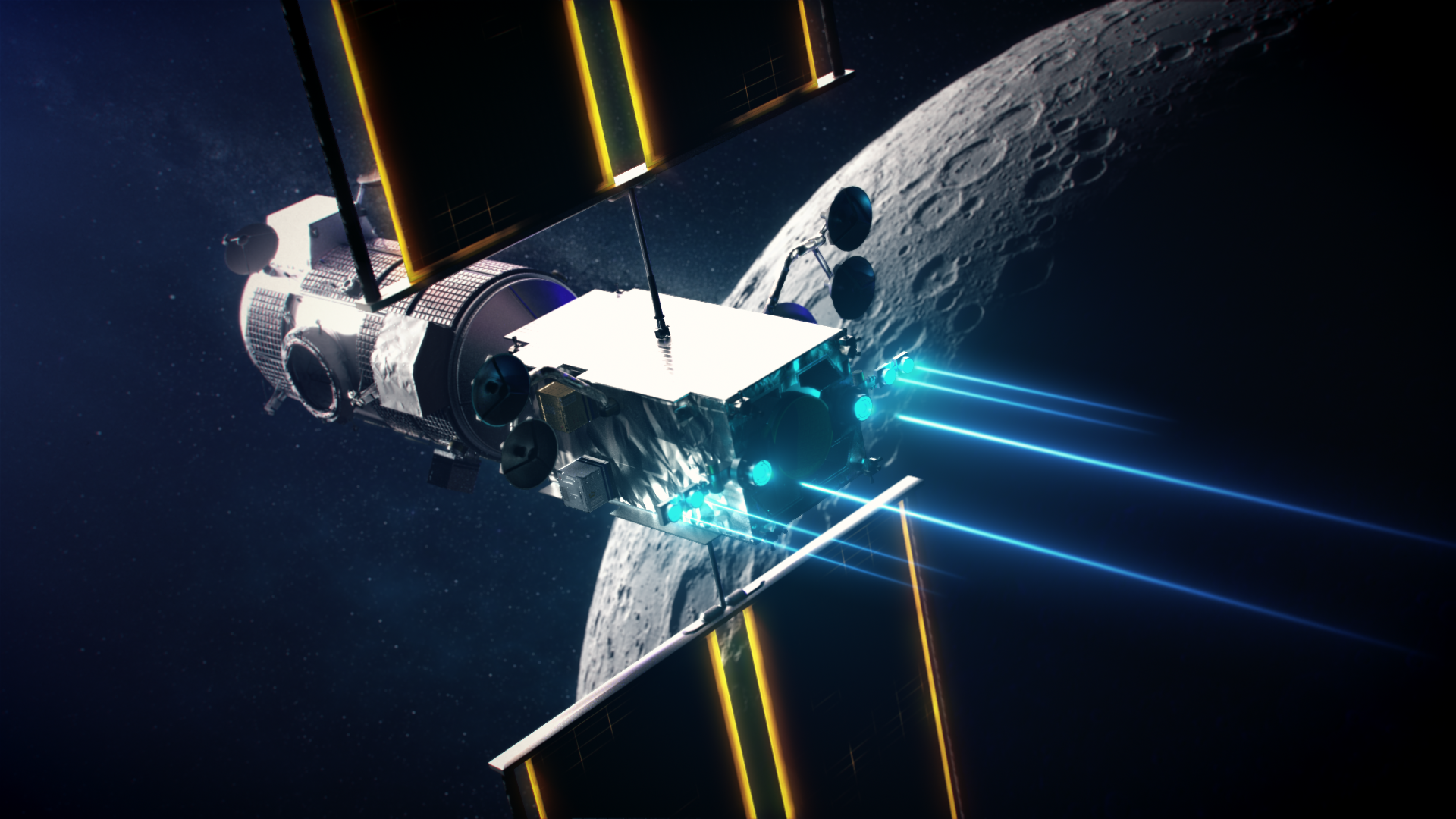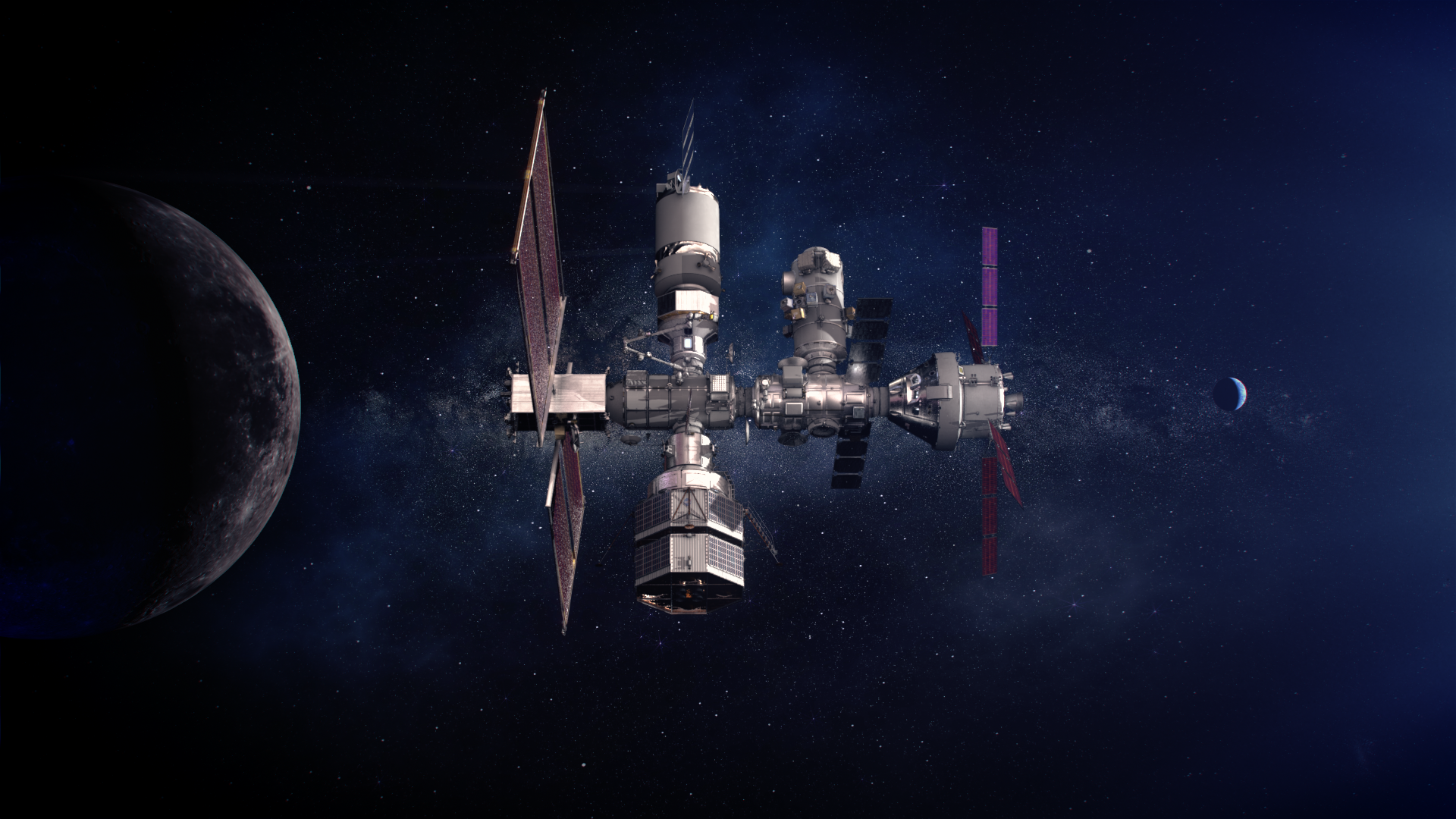Dr. Königsmann, space exploration – what’s the point of it all?
Dr. Hans-Jörg Königsmann: That is truly not an easy question. We need food, sleep, air, water, warmth. But what I think we also need is long-term tasks that challenge our curiosity and our intelligence. Exploration serves to kindle people’s spirit of inquiry. We want to understand how the world and the universe around us work and our purpose in it. After all, space is the greatest mystery we have yet to fathom and is fascinating in many aspects. Among other things, researchers are studying questions such as: Is there life on other planets? How did the universe come into being? What do other worlds look like? Exploration answers some of these questions and simultaneously keeps asking new ones. We need to believe that there is important and relevant knowledge out there.
So does that mean that one day we will be living on Mars?
I hope so, albeit with the addition of the word “also”. It will take time before life there is possible. Before that, however, a human being will certainly pay a short visit to Mars. I am convinced that life on Mars will be extremely different from life on Earth. Maybe we will just use it to save the human species – a type of Noah’s Ark, so to speak. And maybe this will just be the beginning. Yet, all beginnings are difficult.
Mars, Venus or the Moon – if you could book a package tour to one of these planets, which one would it be?
Definitely Mars. We have less gravity there, a reasonable flight time of one-and-a-half years and maybe there is ice and snow there for “skiing”. Venus is too hot for me, and its atmosphere is even worse than on Mars. The Moon would be an interesting alternative for me. Maybe there will soon be package tours that combine the Moon and Mars, as a cruise, so to speak. That would be a very interesting itinerary for me.
When will we see the first commercial space stations on other planets, and what influence will they have on future exploration missions?
You can never be sure with a prediction like that. First of all, we must implement cost-effective transportation using reusable launchers. So, if one day we can protect ourselves effectively from radiation exposure in space and build closed-loop life support systems, this vision will surely become a reality. This latter aspect in particular is interesting. How are we supposed to live on a space station without water and oxygen? This calls for a highly sustainable solution from which we can certainly learn a lot for life on Earth. Let’s put it this way: I hope that I am young enough to experience this. I was born in 1963.
The age of space began with exploration. In the 1960s, the U.S. and Russia devoted massive amounts of resources to winning the race to the Moon. Can we pick up where we left off there with the U.S. Artemis programme?
The race between the nations in the 1960s was very politically motivated. We now have a different situation. Even so, NASA’s Artemis programme wants to put humans back on the Moon to test technologies for future voyages to Mars. Unlike in the 1960s, several nations are now cooperating and working jointly on long-term goals. Looking back, I always find it interesting to see how much progress was made in the 1960s. I hope that we will build on this with Artemis.
Speaking of the United States, you worked for a long time in a very responsible position at SpaceX. In terms of your motivation, what was stronger: Developing a cutting-edge new launch vehicle or the vision of enabling multiplanetary life?
My motivation changed over the nearly 20 years that I was with SpaceX. At the beginning, I asked myself whether we could develop a launcher from scratch with a team of 200 people - only governments and large companies had managed that before. Our answer was: Yes, we can. Later in my career, the projects dedicated to Elon Musk’s vision of creating multiplanetary life became more interesting for me. Elon has a plan to make it possible for millions of people to live on Mars by 2050. I am fascinated by this idea. I have a passion for exploring life’s big questions.
What do you say to the objection that we humans should first take care of our own planet and protect the Earth before striving for distant worlds?
These two aspects are not mutually exclusive. I see this in terms of different time periods. In the last 500 million years, there have been five major mass extinctions due to natural events such as the impact of an asteroid, volcanic eruptions and the like. A multiplanetary humanity, spread across distant worlds, would be immune to this as a species. This, of course, is critical for the continuation of the human species and civilization. We should also keep in mind that everything we learn about distant worlds helps us to deal more effectively with the problems facing us on our home planet as well. Our knowledge can be put to use in technologies that generate cleaner energy, produce better food and generally create less waste. Exploration also offers intangible added value: The first lunar landing was a source of inspiration for many people and brought us together as humanity. I think that landing on Mars would have an even greater impact.
What future event in space are you personally looking forward to?
There are a number that I’m eagerly awaiting – full spacecraft reusability, returning to the Moon, the first commercial space station, and so on. Yet, the really big thing would be the first person on Mars.




